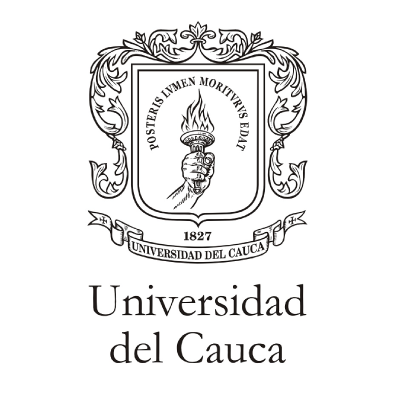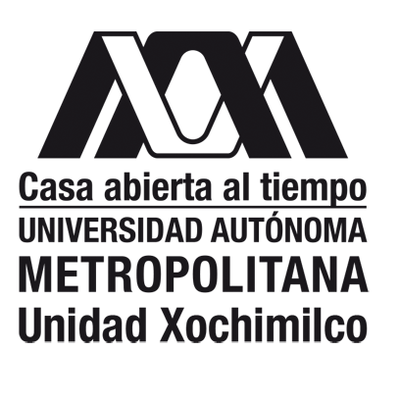Republican crime and citizen restoration in the canudos war
DOI:
https://doi.org/10.64377/30087716.1174Keywords:
Canudos, war, archive, crimeAbstract
This article reviews the archive of the Canudos war to make visible the textual operations through which subjects erased from history disputed interpretations of the war that took place in the interior of Bahia (Brazil) between 1896 and 1897. In particular, I will address the notion of “crime” developed by two Bahian texts on the war: the Histórico e Relatorio do Comitê Patriótico da Bahia (1901) edited by Lelis Piedade and the Descripção de uma viagem a Canudos (1899) by Alvim Martins Horcades. These texts combine descriptive and argumentative elements that point out the impact of the written word in the restoration of social order after the end of the war in the arraial. In both documents one can see an ambiguous oscillation between the civic claim of the jagunço and the universalist condemnation of the atrocities of the war in the name of Charity and the Fatherland. The texts analyzed are clear examples of how the writing of history becomes a performative work on the event and these dissidences disturb the Manichean logic between victors (republicans) and vanquished (sertanejos) typical of the official textuality of the Canudos war.
References
Calasans Brandão Silva, José (1997). Cartografia de Canudos. Secretaria da Cultura e Turismo, Conselho Estadual de Cultura, EGBA.
Costa, Carla (2017). Cronologia resumida da Guerra de Canudos. Museu da República IBRAM/MinC. http://museudarepublica.museus.gov.br/cronologia-resumida-da-guerra-de-canudos/
Da Cunha, Euclides (2001). Os Sertões (Campanha de Canudos). Edição, prefacio, cronologia, notas e indices por Leopoldo Bernucci. Atelie Editorial, Imprensa Oficial do Estado, Arquivo do Estado.
Davobe, Juan Pablo (2007). Nightmares of the Lettered City. Banditry ans Literature in Latin America (1816-1929). University of Pittsburgh Press.
De Certeau, Michel (2008). La economía escrituraria. En La invención de lo cotidiano 1 (pp.145-167) Artes de hacer. Universidad Iberoamericana.
Didi-Huberman, Georges (2007). El archivo arde. [Juan Ennis. Trad.]. En Didi- George Huberman, y Knut, Ebeling, (Eds.). Das Archiv brennt. (pp.7-32). Kadmos,
Fornet, Ambrosio (2008). El testimonio hispanoamericano: Origenes y transfiguracion de un genero. En El otro y sus signos (pp. 113-144) Oriente.
Garate, Miriam (2002), Cruzar a linha negra e desfazer a oposicao. En O clarim e a oração: cem anos de Os Sertões, (pp.234-252). Geração Editorial.
Levine, Robert (1995). O sertão prometido: o massacre de Canudos. EDUSP.
Martins Horcades, Alvim (1899) Descripção de uma viagem a Canudos por Alvim Martins Horcades. Litho Typographia Tourinho.
Nofal, Rosana (2022). El relato imposible. Los testimonios de la insurgencia popular en la diatriba de los letrados. RevIISE, 20, 73-178.
Novais Sampaio, Consuelo (2001) (Org.). Canudos. Cartas ao Barao. Edusp.
Piedade, Lellis (2002 [1901]). Histórico e Relatorio del Comitê Patriótico da Bahia, Rua Conselheiro Dantas, 22.
Ranciere, Jaques. (2009). El reparto de lo sensible. Estética y política. Arcis – Lom
Periódicos internacionales consultados
Aberdeen Herald (11 de noviembre de 1897) A knife for Moraes.
The New York Times (6 de noviembre de 1988) Brazillian plotters punished. Five would be assassins of the President Sentenced to long terms of imprisonment.

Downloads
Published
How to Cite
Issue
Section
License

-
The authors retain the rights of autxr and assign to the journal the right to first publication of the work, registered under the Creative Commons attribution license, which allows third parties to use what is published as long as they mention the authorship of the work and the first publication in this journal.
-
Authors may make other independent and additional contractual agreements for the non-exclusive distribution of the version of the article published in this journal (for example, including it in an institutional repository) as long as they clearly indicate that the work was first published in this journal.
-
The authors grant any third party the right to share and use the article (for non-commercial purposes), provided that the original authors and the citation of the version published in this journal are identified.





